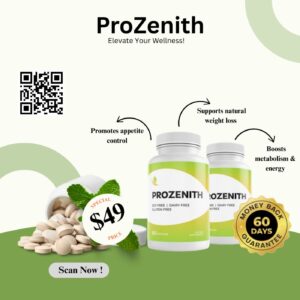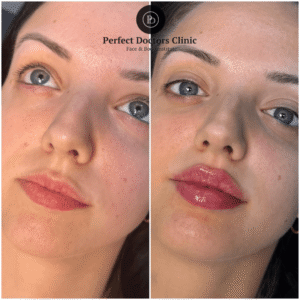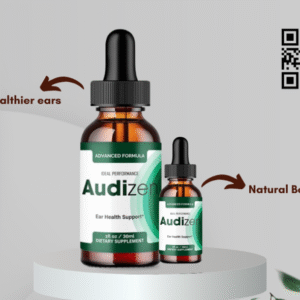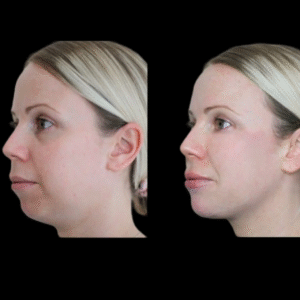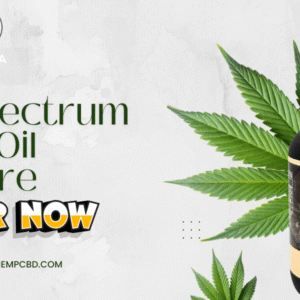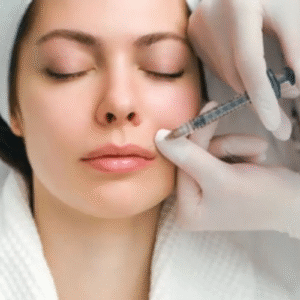In recent years, the buzz surrounding peptide therapy has been impossible to ignore. From skincare to longevity to muscle recovery, peptides are being hailed as the future of modern health and aesthetic wellness. But with all the hype, one critical question still remains: Is peptide treatment scientifically proven? This question matters not only for those exploring beauty solutions but also for individuals seeking medical-grade therapies rooted in scientific validation. Whether you’re new to the concept or already exploring options like Peptide Treatment in Dubai, understanding the science behind peptides is essential before making an informed decision.

What Are Peptides and How Do They Work?
Peptides are short chains of amino acids, which are the building blocks of proteins. In the human body, peptides act as signaling molecules. They instruct other cells and molecules on what to do — whether that’s producing more collagen, regulating hormones, or even triggering immune responses. Due to their specificity and biocompatibility, peptides have become a key focus in various scientific disciplines, especially in regenerative medicine and dermatology.
The real advantage of peptides is their ability to communicate directly with the body’s own biological systems. Instead of introducing foreign chemicals, peptide therapy often works by stimulating natural processes like collagen production, skin cell regeneration, or muscle repair.
Scientific Research: A Strong Foundation
Peptide research is not new. In fact, peptides have been studied extensively in clinical and pharmaceutical research since the 1970s. The scientific community has long acknowledged their potential, particularly in hormone regulation (like insulin, a peptide hormone), anti-aging treatments, and immune modulation.
Clinical studies have explored how synthetic peptides can mimic the body’s natural signals. For instance, Matrixyl (a popular skincare peptide) has been shown in peer-reviewed studies to stimulate collagen synthesis and reduce the depth of wrinkles. Similarly, GHK-Cu, another widely studied peptide, has demonstrated significant tissue repair and anti-inflammatory properties.
In medical circles, certain peptides are even used under prescription to assist in healing, improving hormonal balance, and aiding muscle regeneration in athletes. This therapeutic range demonstrates a significant degree of scientific validation, although results can vary based on peptide type, dosage, and individual response.
Skin and Anti-Aging Benefits
A large body of scientific literature supports the use of peptides in skin rejuvenation. They are frequently incorporated into topical serums, injectables, and therapeutic skincare products. Unlike many ingredients that only work on the surface, peptides can penetrate deeper layers of the skin and trigger biological responses that promote a youthful appearance.
Studies published in dermatological journals confirm that peptides can stimulate the production of collagen and elastin, both essential for maintaining firm, elastic skin. These proteins naturally diminish with age, leading to wrinkles, sagging, and dullness. By activating the skin’s regenerative capacity, peptides help counteract these signs of aging.
If you’re exploring options such as Peptide Treatment in Dubai, you’ll likely come across these applications in both aesthetic and wellness contexts, showing how the science translates into real-world use.

Muscle, Fat, and Metabolism Support
Beyond the skin, peptides play a vital role in supporting metabolic functions. Certain peptide treatments, like growth hormone secretagogues, have been shown in clinical studies to help in fat loss and muscle gain by stimulating the body’s own production of growth hormone. This mechanism is especially beneficial for individuals facing age-related muscle loss or metabolic slowdown.
Peptides like CJC-1295 and Ipamorelin, which are often discussed in the wellness and athletic communities, are backed by evidence showing improvements in lean muscle mass and recovery times. These are not untested theories — they are applications that have undergone rigorous study and have shown real promise.
Not All Peptides Are Equal
While there is scientific validation for many types of peptides, it’s important to note that not all peptide treatments are created equally. Some are well-researched and clinically proven, while others may be newer to the market with less data to support their efficacy. The effectiveness of any peptide therapy depends on several factors: the specific peptide used, its method of delivery, the treatment protocol, and the individual’s health profile.
What’s important is that the peptides being used are of pharmaceutical-grade quality and administered through protocols grounded in clinical research. Self-administering or using over-the-counter peptide products without understanding their origin or effects can lead to ineffective — or worse — harmful outcomes.
The Verdict: Is It Proven?
So, is peptide treatment scientifically proven? The answer is a confident yes — but with nuance. The science supports many applications of peptide therapy, particularly in skin regeneration, hormonal regulation, tissue repair, and muscle recovery. However, as with any medical advancement, ongoing research is essential to continue uncovering new applications and refining protocols for safety and effectiveness.
For those considering peptide therapy for aesthetic or wellness goals, the key lies in choosing treatments that are backed by peer-reviewed research and tailored to your specific needs. When this balance is achieved, the results can be both safe and transformative.
From anti-aging benefits to hormonal balance and physical recovery, peptides have carved out a strong position in the scientific and aesthetic fields. For those exploring wellness avenues like Peptide Treatment Dubai, understanding the scientific evidence behind the therapy ensures you’re making a smart, informed investment in your long-term health and appearance.
In conclusion, the science behind peptide therapy is both robust and evolving. And as research continues to unfold, the future for peptide-based treatments looks promising, especially for those seeking effective, evidence-backed solutions in the world of wellness and beauty.

